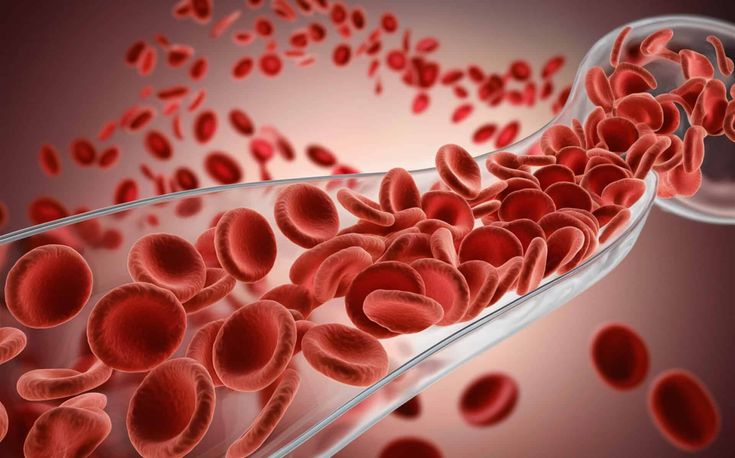
What Is Mast Cell Activation Syndrome and Why is it Misdiagnosed?
Mast Cell Activation Syndrome, often misdiagnosed as mast cell activation disease or MCAS for short, is an underdiagnosed chronic condition in which immune cells called mast cells release chemicals inappropriately into your system causing inflammation as well as strange symptoms that often go undetected by traditional allergy testing methods such as skin tests or blood work.
Common Symptoms Of MCAS
- Chronic fatigue and brain fog.
- Dizziness or near fainting episodes.
- Diarrhea, bloating or IBS symptoms
- Chest tightness, rapid heartbeat (not due to anxiety).
- Seasonal allergies that persist all year are among the most serious challenges affecting humans today.
- Sensitivities to certain smells, foods or chemicals
- Concern about anxiety or an overwhelming sense of unease may indicate an underlying medical problem.
Common Causes Of MCAS
- Mast cells are part of your immune system; when hypersensitive they overreact to non-threatening stimuli leading to chronic inflammation. Common triggers for MCAS may includ
- Mold and Environmental Toxins
- Electromagnetic fields or EMFs (Electromagnetic Force Fields)
- Food sensitivities, in particular high-histamine foods, have become more and more of an issue over the years.
- Gut infections like SIBO or Candida can lead to health complications in the gut.
- Chronic stress and trauma. Viral infections or Lyme disease.
How to Diagnose MCAS?
Unfortunately, conventional doctors rarely detect MCAS; those specializing in immunology or functional medicine might do better at diagnosing it. Here is what may help:
Seek tests of serum tryptase, histamine and prostaglandin levels
Keep a food and symptom journal
Partner with an allergist or functional medicine practitioner familiar with MCAS for optimal care.
First and foremost, rule out mastocytosis as it’s possible that is related.
Natural Solutions to Calm Mast Cells Without Harsh Medications
Although antihistamines such as Zyrtec or Benadryl may provide temporary relief, many people seek alternative MCAS remedies which address its cause directly.
1.Adopt a Low-Histamine Diet
To reduce histamine exposure, avoid aged cheese, wine, leftovers, tomatoes, spinach, fermented foods and processed meats as much as possible and focus on fresh cooked meals instead.
2.Protect and Strength The Gut To support gut health, try supplementing with probiotics like Lactobacillus rhamnosus GG while eliminating potentially-inflammatory foods (gluten, dairy products and processed sugar. Vitamin C can serve as a potency mast cell stabilizer.
DAO enzyme supplements (which help break down histamine in food)
3.Provide Support to the Nervous System Stressful lifestyles often worsen MCAS symptoms; use breathwork, vagus nerve stimulation or cold exposure therapy to ease nerve-racking discomfort and regulate immune overreactivity.
Final Remarks
Have your symptoms been dismissed as “all in your head?” They’re real – misunderstood by traditional healthcare, yet often overlooked or dismissed altogether? With proper nutrition, lifestyle changes and root cause approaches in place however, people often see dramatic improvements with MCAS symptoms
SEE MORE:https://healthybodyboost.net/wp-admin/post.php?post=2242&action=edit



